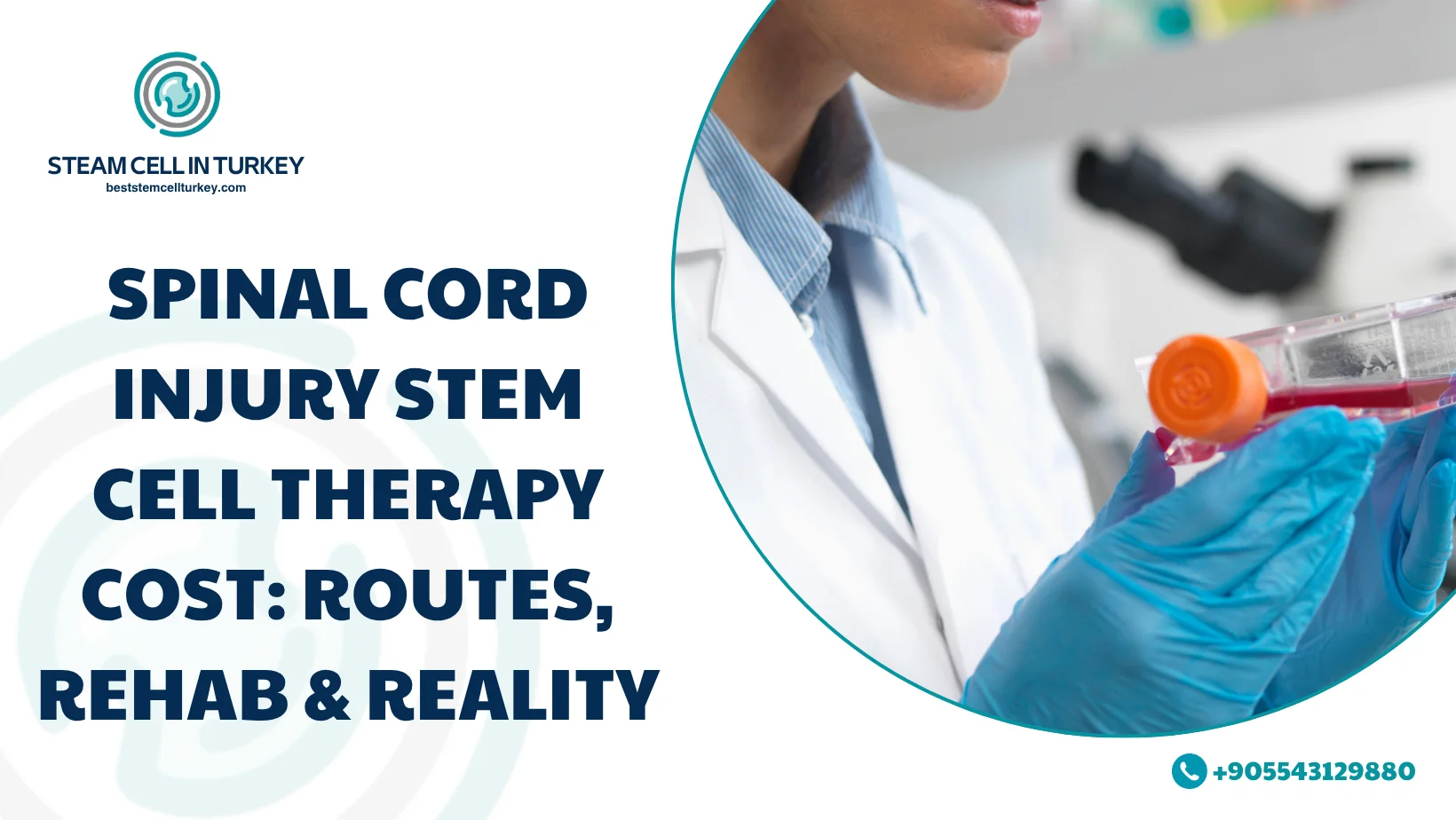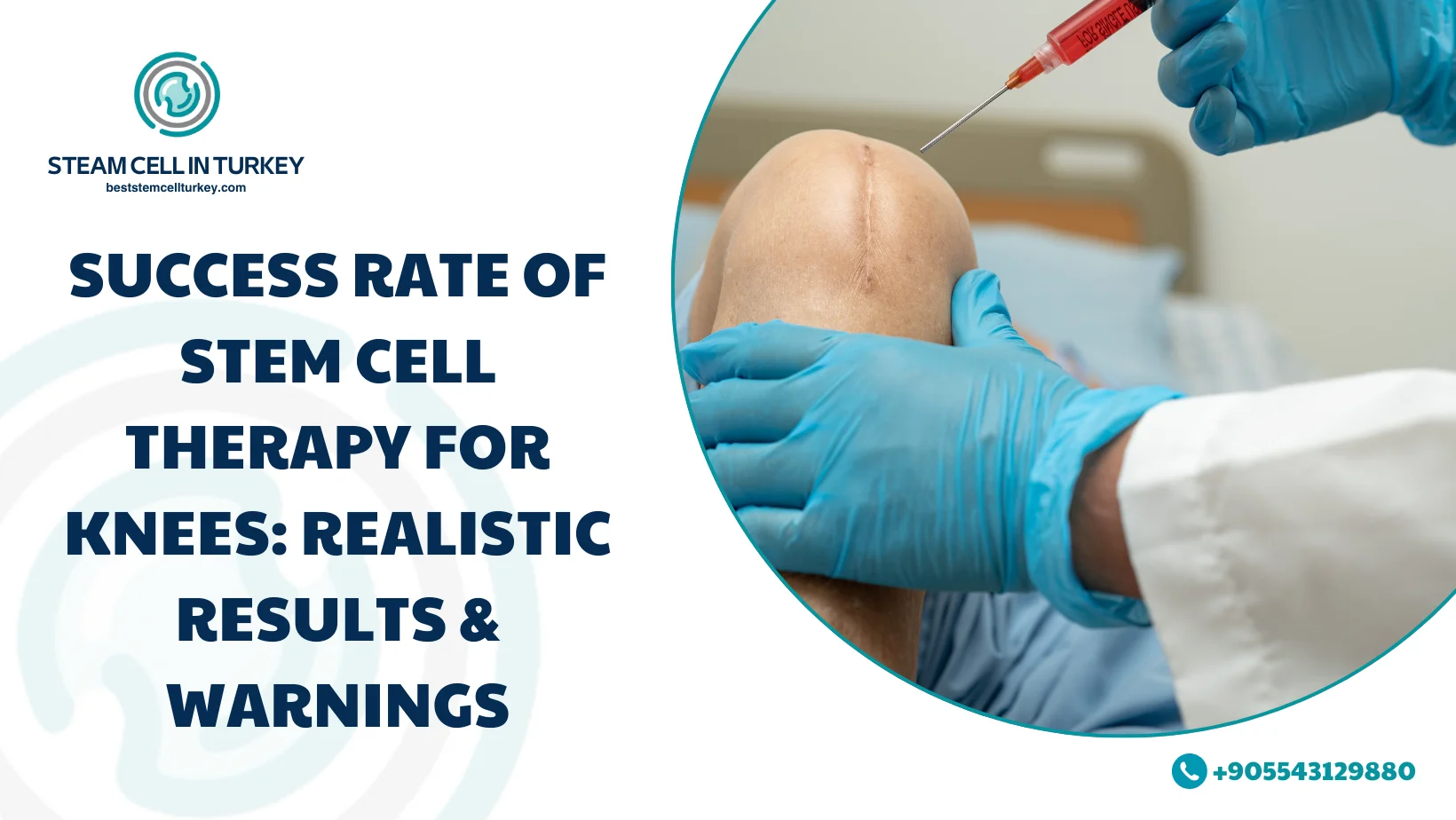When you’re pricing care for amyotrophic lateral sclerosis (ALS/MND), clarity matters more than ever. This guide explains the ALS stem cell therapy cost and why numbers vary by therapy type (hospital-based trials vs. clinic MSC programs), manufacturing/GMP documentation, support needs (respiratory/nutrition/assistive), travel logistics, and follow-up. You’ll get a practical checklist to compare quotes line-by-line—safely and fairly.
Which “stem cell therapy” are you pricing?
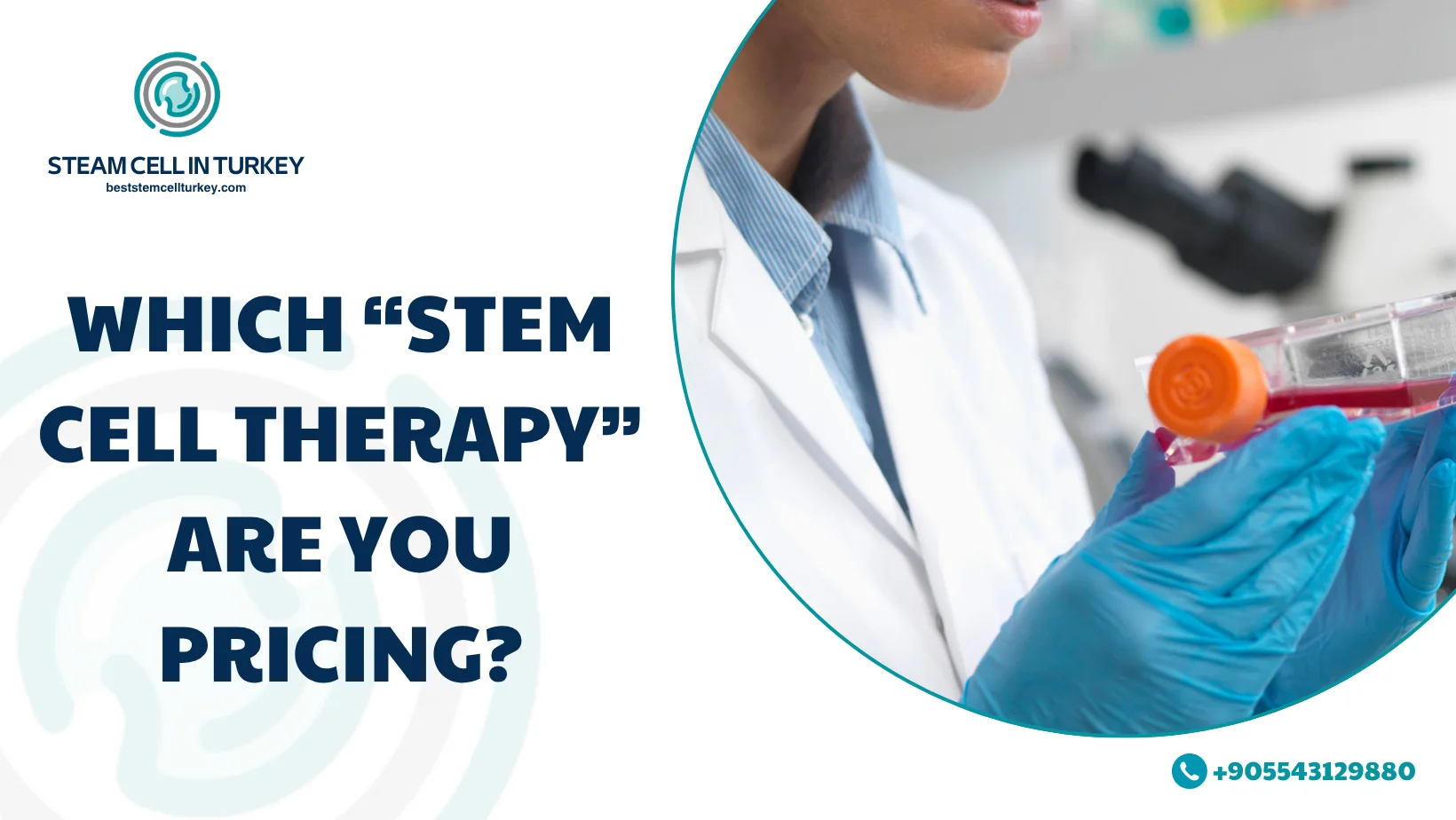
1) Hospital-based cell programs (clinical trials/compassionate use)
These may involve intrathecal/intramedullary delivery of cells or cell-derived products under a research protocol. Pricing (when applicable outside trials) reflects hospital OR time, anesthesia, monitoring, GMP product manufacture/release testing, and intensive follow-up. Availability is limited and eligibility is strict.
2) Clinic MSC programs (investigational)
Mesenchymal stromal cell (MSC) approaches in ALS are explored for paracrine/immunomodulatory support—not motor neuron replacement. Evidence remains preliminary; programs should present realistic expectations, robust consent, and verifiable GMP paperwork.
What actually drives the price
- Workup & eligibility: neurology assessment, respiratory tests (FVC/SVC), nutrition status, infection screens, MRI/EMG context, medication review (e.g., riluzole/edaravone). Respiratory/nutrition planning are standard-of-care pillars.
- Cell product & manufacturing: GMP certificate scope, batch COA (identity markers, viability, sterility/endotoxin, mycoplasma), storage/handling, and chain-of-custody.
- Procedure details: delivery route (intrathecal vs. intramuscular/intramedullary), anesthesia or sedation, image guidance (fluoroscopy/ultrasound) if used, and monitoring.
- Dose & sessions: total cells (often in “million cells”), single vs. staged visits; ask for per-session dose and cumulative plan.
- Follow-up windows: scheduled neuro checks (ALSFRS-R, respiratory metrics), telehealth, labs/imaging if indicated.
- Supportive care: respiratory support planning (NIV), nutrition (PEG considerations), mobility aids/communication tech, caregiver training.
- Logistics: international travel, transfers/hotel/interpreter, companion support—especially where accessibility needs exist.
- Risk governance: adverse-event reporting routes, emergency coverage, insurance/consent documentation; FDA highlights harm reports from unapproved products.
How to compare quotes fairly
Ask every provider for a written proposal that includes:
Includes/Excludes Table
Workup (neurology, pulmonary, labs), procedures, guidance/sedation, supplies, hospital days (if any), follow-ups, and supportive equipment coaching.
GMP & COA Packet
Current GMP certificate (valid dates/scope) + batch COA listing identity, viability, sterility/endotoxin, mycoplasma, cell count per vial, and handling instructions.
Regulatory posture & consent
Clear statements on approval status, risks, alternatives, and realistic goals; no guarantees, in line with FDA/ISSCR guidance.
Pricing math you can verify
If applicable, cost per million cells, session count, and any bundle savings (guidance, follow-ups, travel). (For context on regulatory oversight of extracellular vesicle claims, see exosome regulation reviews.)
Adverse-event reporting
Written process and timelines for reporting and follow-up (e.g., FDA MedWatch in the U.S.).
Red flags: guaranteed outcomes, missing GMP/COA, vague “per session” pricing without dose or follow-up detail, or pressure tactics to pay before documentation.
Eligibility & how it changes the quote
- Clinical status: bulbar vs. limb onset, respiratory reserve, nutritional status, and rate of progression affect candidacy, monitoring needs, and visit structure.
- Comorbidities & meds: infection risk, anticoagulation, cardio-pulmonary conditions may require additional precautions.
- Delivery route selection: intrathecal vs. intramuscular/intramedullary changes OR time, anesthesia, and monitoring requirements.
- Caregiver/Travel needs: companion support and accessibility planning can add justified logistics costs—budget for them up front.
Image guidance, sedation & monitoring
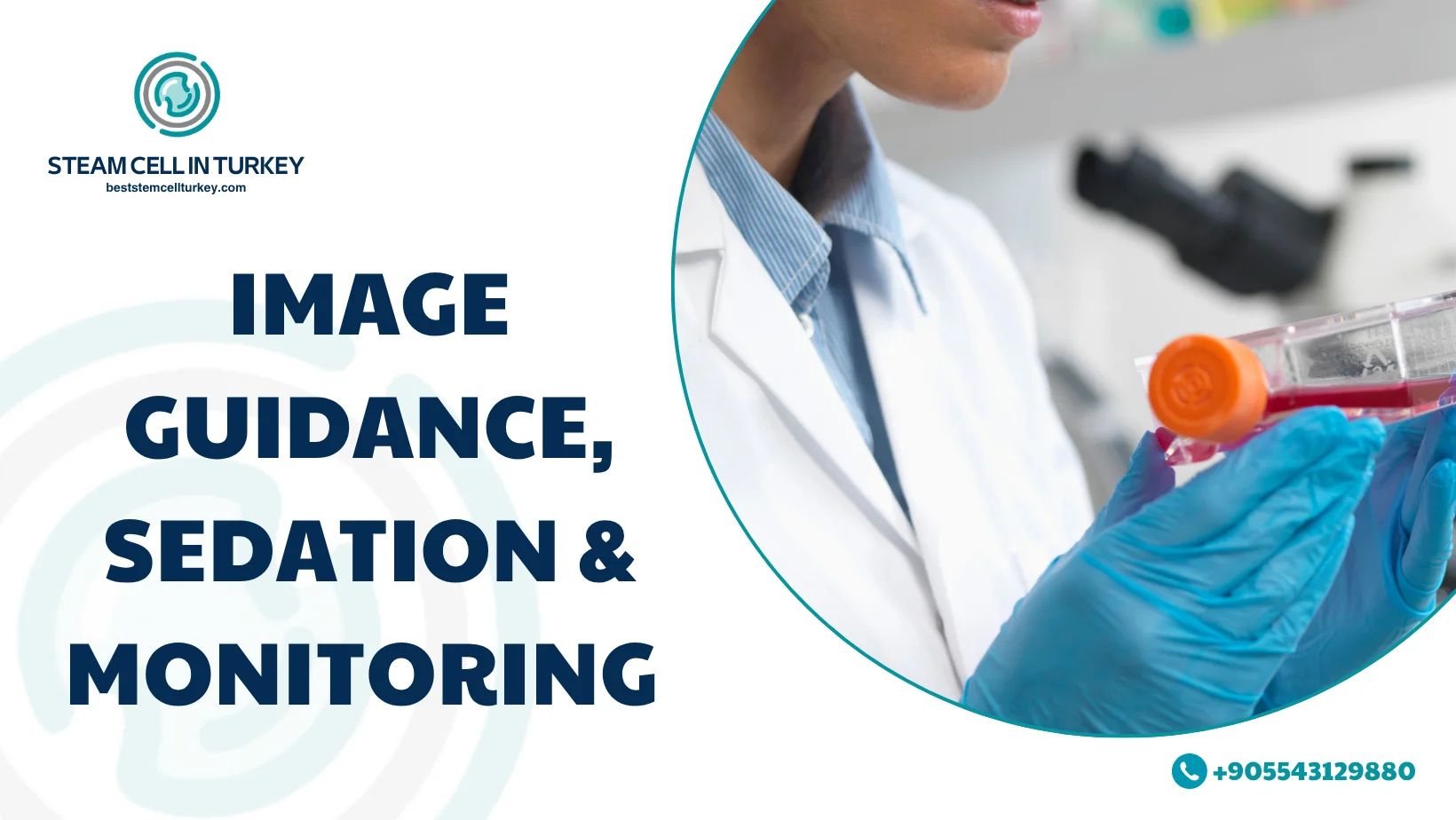
- Image guidance: fluoroscopy/ultrasound may be billed separately; improves placement accuracy for certain routes and can reduce repeat procedures.
- Sedation/anesthesia: decided case-by-case (tolerance, route, respiratory status) and itemized transparently.
- Monitoring: peri-procedural respiratory and neuro monitoring are essential—verify they’re included.
What’s included vs. optional (no-surprise budgeting)
Building a realistic plan starts with knowing exactly what’s standard and what might add extra cost. That way, you can compare providers fairly and avoid hidden fees.
Typically included:
-
Medical review and baseline consultation
-
Core clinical procedure(s) as specified
-
Standard supplies and disposables
-
Basic follow-up visits/check-ins
-
Treatment documentation and reports
Optional or variable items:
-
Image guidance (e.g., ultrasound or MRI support)
-
Sedation or anesthesia options
-
Additional or repeat sessions
-
Rehabilitation and respiratory coaching
-
Nutrition consultations for supportive care
-
Adaptive technology training
-
Travel and companion bundles
The goal: a transparent budget you can trust—so you focus on care, not fine print.
Care plan beyond the procedure
- Respiratory: NIV setup/optimization, secretion management, cough-assist education.
- Nutrition: weight maintenance strategies, PEG counseling when appropriate.
- Mobility & communication: PT/OT for transfers and positioning; early AAC/eye-gaze options.
- Checkpoints: ALSFRS-R tracking, respiratory metrics, and caregiver check-ins at defined intervals (telehealth is fine).
Why patients choose Best Stem Cell Turkey
In advanced care, the smartest decisions are guided by evidence—not hype. That’s why Best Stem Cell Turkey focuses on clarity at every stage, giving you the tools to compare options with confidence and move forward only when the timing feels right
- Best price at the highest quality: globally competitive programs with GMP safeguards and readable COA—before you commit.
- Transparent proposals: dose/session math, image guidance/sedation options, follow-ups, and supportive care—clearly line-itemed.
- Frictionless logistics: time-zone-smart scheduling, secure uploads, concierge travel, and 0%/low-APR financing (subject to eligibility).
Choose documentation over hype. Combine verifiable GMP/COA, realistic goals, and a full-cycle support plan—then lock your dates and payment path to start sooner and safer.
→ Book a Free Consultation · See Financing · Compare Packages
FAQs about ALS Stem Cell Therapy Cost
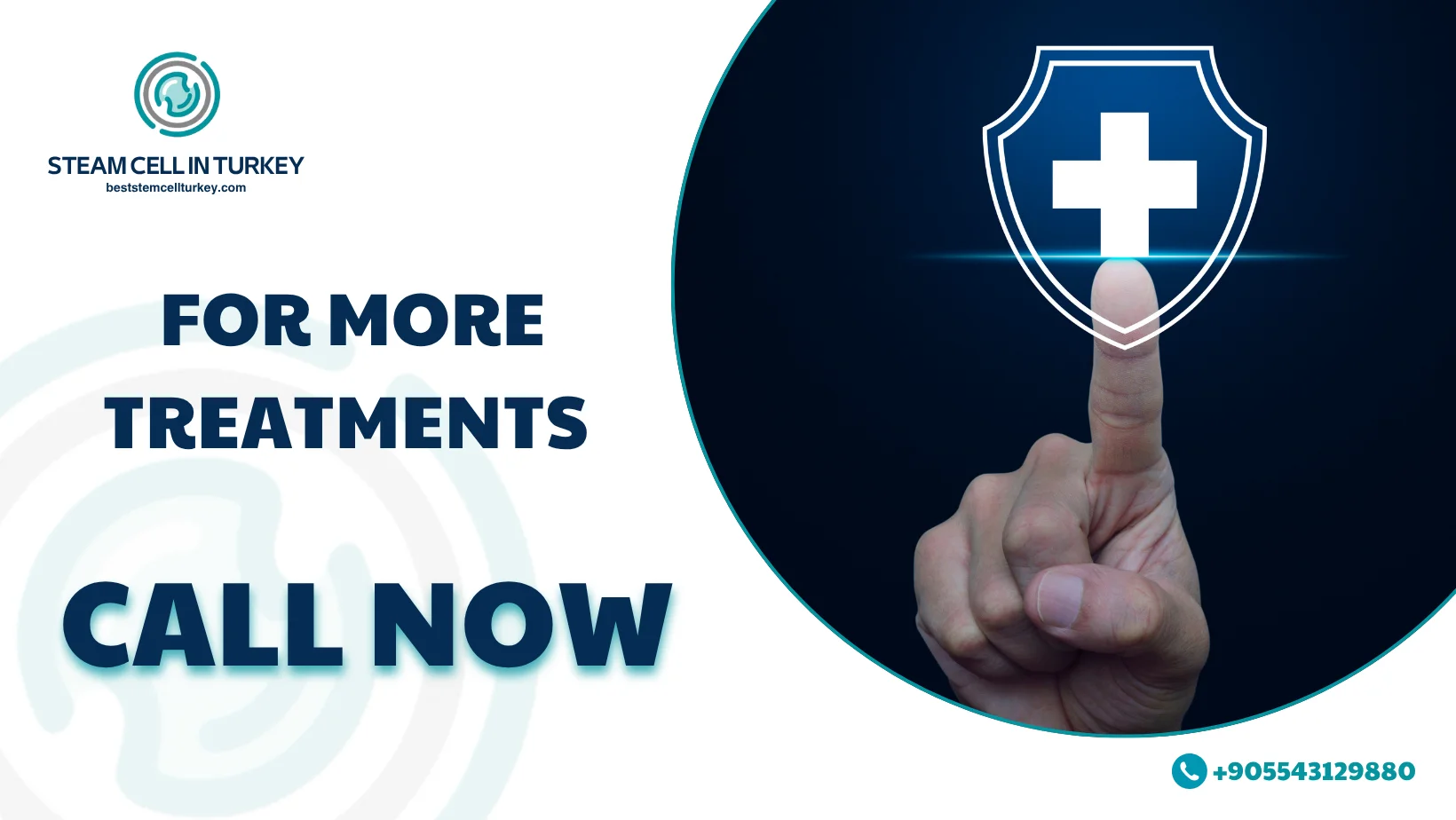
1) Why do ALS stem cell prices vary so widely?
Because offerings range from hospital-based research programs (with OR time, anesthesia, and GMP product) to clinic MSC programs (priced by dose/sessions). Always demand GMP certificate + batch COA and a full includes/excludes table.
2) Are any stem cell therapies approved for ALS?
Most offerings are investigational; regulators warn against unapproved products marketed to patients. Verify status and documentation in writing.
3) How many sessions will I need—and how are they spaced?
Plans are individualized by delivery route, tolerance, and goals. Some designs are single-visit; others are staged over weeks. Your quote should state dose (million cells) and timing.
4) What supportive care should be budgeted alongside the procedure?
Respiratory support (NIV/cough assist), nutrition planning (including PEG counseling), mobility/communication aids, and caregiver training—bundling prevents last-minute costs.
5) Can I finance or bundle travel and caregiver support?
Yes—use Financing for structured payments and Packages for transfers, hotel, interpreter, and companion logistics.
Medical Sources
- FDA — Consumer alerts & patient info on regenerative medicine (unapproved uses, risks). (U.S. Food and Drug Administration)
- EMA — Advanced Therapy Medicinal Products (ATMP) overview (EU framework for cell therapies). (EMA)
- ISSCR — Guidelines for Stem Cell Research and Clinical Translation (2021) and updates. (ISCIII Portal Web)
- Evidence context (ALS & MSC): Recent reviews of stem-cell approaches in ALS summarizing preliminary/heterogeneous findings and the need for further trials. (PMC)
- ALS standard care anchors (respiratory/nutrition): AAN guideline materials underscoring NIV, nutrition/PEG counseling, and multidisciplinary care. (neurology.org)
Ready to plan with confidence?
→ Book a Free Consultation
→ Explore Financing Options
→ contact with us via what’s up

